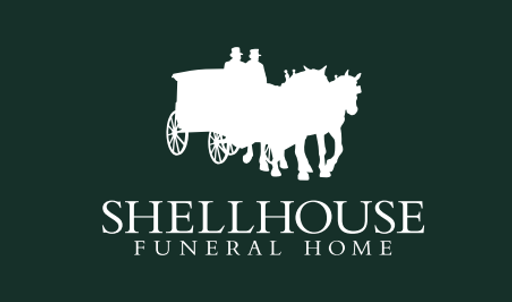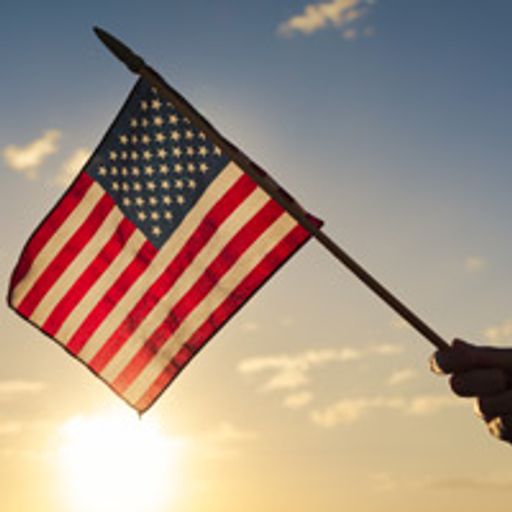After seventy-seven years, the last one spent battling cancer, Michael Bird Parcell, beloved husband, father, and grandfather, departed this life on October 8, 2021 at home in Aiken, South Carolina. He is survived by his wife of fifty-four years, Sheri Wright Parcell, three daughters, Monica Parcell Edmunds (Hugh), of Richmond, Virginia; Kristin Parcell and Elizabeth Parcell Weynand (Mark), both of Portland, Oregon; grandsons James and Adam Weynand; granddaughter Alice Edmunds; siblings Brenda Parcell Winegar and Clive Parcell of Provo, Utah, and Lance Parcell of Marysville, Washington. He was predeceased by his sister, Joan Parcell Ashton. We will miss him so much. Mike, as everyone called him, was born and raised in Salt Lake City in the 1950s, a time in this country that remained the standard against which he judged pretty much everything in this world, including the value of a job done right, the value of a dollar, and the price of everything—even decades later. (OK, he was tight with a dollar.) He might have seemed out of step to his three daughters as they were growing up, but we now realize that he was so far behind he was ahead of his time. He was a true conservationist before it was fashionable: he didn’t throw things away, he fixed them (and he could fix almost anything); he DIY’d houses and yards, he hated waste and our “disposable” culture; he was always turning off lights and turning down the thermostat (especially not popular among his daughters); he planted huge gardens and took care of things. And he always took care of his family. He was a service engineer for GEA/FES Systems for most of his working life, a job that took him all over the world, made him a Delta platinum flier, and is responsible for his peppering his conversations with Spanish and Mandarin Chinese expressions. If you asked him how he liked something he might reply, “Mamahuhu” instead of saying, “It’s o-kay” (or so-so). While working for weeks at a time out of a suitcase wasn’t his favorite, he loved the travel, the people he met, and the food in Mexico, Greece, Singapore and Thailand. Still, after so much time spent in Asia, to the horror of his daughter Monica, who had lived in Japan, he stubbornly refused to stop sprinkling his steamed white rice with soy sauce. He liked what he liked, and everyone knew what he liked. Things like, “Do you think Dad would like this?” were never said. There was no need. Probably because he had the mind of an engineer, he mostly liked simple things, including (his word) “clean” food (again, ahead of his time). His grandson Adam Weynand remembers that he always took a bottle of Kikkoman soy sauce on his trips to China because it was superior to the Chinese condiment. Just about the worst insult he could hurl at something (well, one suitable for print) was “doggy,” which roughly translates to “clunky” or “inelegant.” His “likes” were durable and resistant to change. He liked planes, cars, playing golf, watching golf, corn on the cob (only on the cob), Coors beer, and occasionally an IPA, little green apples (no orchard or front-yard tree was safe), the San Francisco 49ers, Leonard Bernstein, Frank Sinatra, Johnny Carson, watching A Christmas Story (equal parts nostalgia and catharsis) every Christmas. He was not active in the church of his youth, but he loved the Mormon Tabernacle Choir with a religious zeal and was proud that his nephew was a member. He was a little bit contrarian and conservative and rebellious. He had no use for the counterculture of the 1960s, he liked sharp suits and cool jazz. He drove with open containers of Coors beer and loved Reagan. He never liked wearing a seatbelt. In his seventies, he took on a sort of Clint Eastwood mien, and like most tough guys, he had a soft spot for cats. When his daughters were girls, the family cat came along on a camping trip to Yosemite—she had the time of her life. After he and Sheri moved to a golf community in South Carolina from Stockton, California, where they had raised their family, they adopted their last cat, Toonsie, whom he pampered with after-dinner cupfuls of spray whipped cream treats. Especially late in the evening after a holiday dinner, his sons-in-law loved hearing his stories of his boyhood pranks, misadventures in Europe while on the lam from the draft in the ‘60s, and even more shenanigans from his year in the Army after the FBI caught up with him and he was forced to enlist. One of his buddies from his unit in Alaska recalled that he “dared and achieved all his many exploits.” In his later years, his mischief was mostly limited to whispered phone conversations with his granddaughter, Alice, who got him to smuggle candy to her on visits to Richmond. The older his kids got, the smarter he got. He understood how just about everything in the physical world works. When his granddaughter, Alice, asked her mom about electricity, weather, physics, or what the white lines that trail behind jetliners in the sky are called (“contrails,” for condensation) she would usually answer, “Let’s ask Pa.” For the nervous fliers in the family, his knowledge of and enthusiasm for planes allayed anxieties—it was sort of like sitting with the pilot. He spent his retirement years in Aiken, golfing and watching golf, enjoying his time with friends and family, and traveling, but this time just for fun. He was consistent to the end. He accepted and endured the cancer treatment, doing what he had to do, and hoping for healing but stoically not complaining much. When his treatment restricted his ability to eat and drink, what he really missed the most was his morning coffee. We will miss his explosive, infectious laugh. Alice says she will miss “his amazing personality, and his ‘jokes’ (her air quotes) and will always cherish his perspective of the world.” Exactly. We love you, Pa. SHELLHOUSE-RIVERS FUINERAL HOME, INC., 715 E. PINE LOG RD., AIKEN, SC.
To order memorial trees or send flowers to the family in memory of Michael Bird Parcell, please visit our flower store.
Guestbook
Visits: 56
This site is protected by reCAPTCHA and the
Google Privacy Policy and Terms of Service apply.
Service map data © OpenStreetMap contributors





